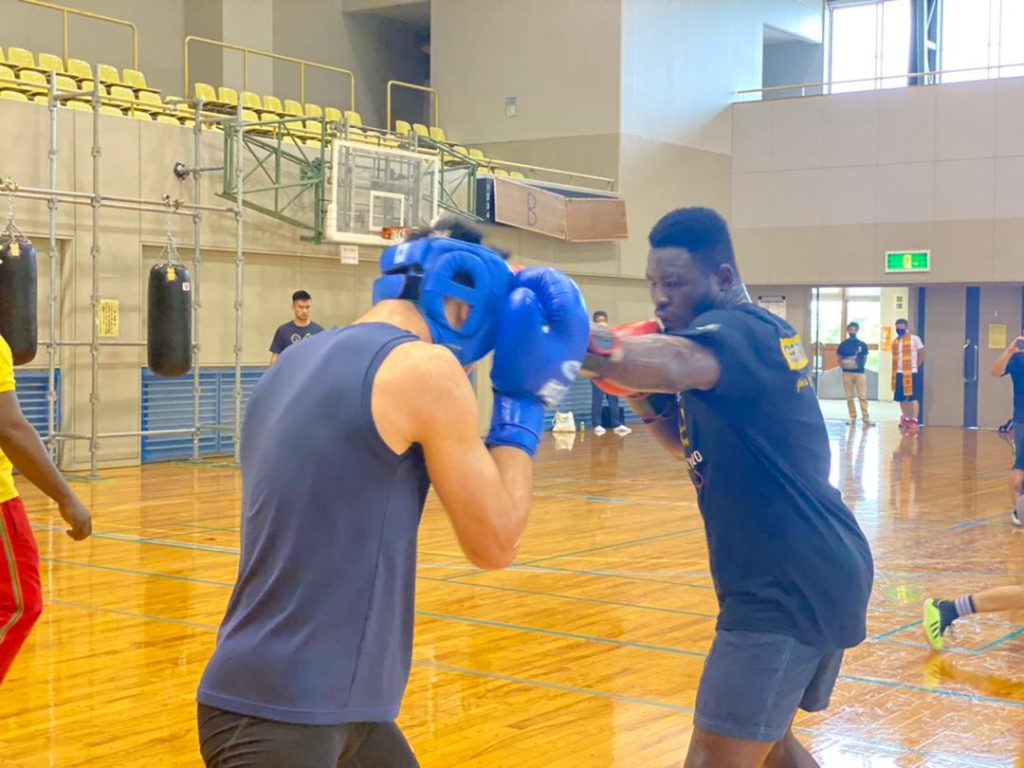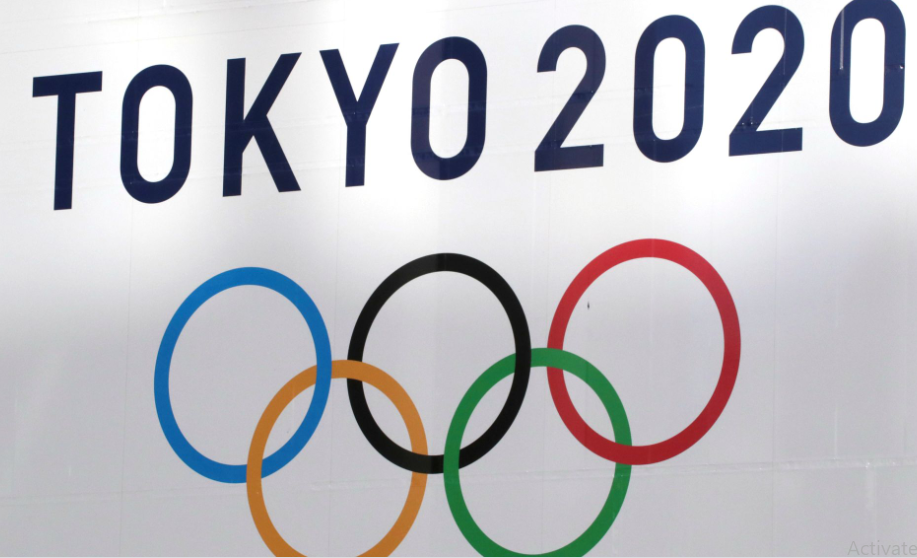
Spectators will be banned from Olympic venues in Tokyo because of a virus state of emergency, Japan’s Olympic minister announced on Thursday, meaning the Games will happen mostly behind closed doors.
“We reached an agreement on no spectators at venues in Tokyo,” Tamayo Marukawa said after talks involving local and national government officials, organisers and Olympic and Paralympic chiefs.
Most Olympic competition will happen in Tokyo, but a few events will be held outside the Japanese capital.
Fans from aboard were banned several months ago, and these new measures announced by Japanese Prime Minister Yoshihide Suga could clear venues — indoor and outdoor — of any fans at all.
This emergency declaration made for a rude arrival in Japan for IOC President Thomas Bach, who landed in Tokyo on Thursday just hours before the new measures were announced. He is to spend three days in self-isolation at the five-star hotel that lodges IOC members.
Suga said the state of emergency would go in effect on Monday and last through Aug. 22. This means the Olympics, opening on July 23 and running through Aug. 8, will be held entirely under emergency measures. The Paralympics open on Aug. 24.
“Taking into consideration the impact of the delta strain, and in order to prevent the resurgence of infections from spreading across the country, we need to step up virus prevention measures,” Suga said.
Suga, who had long favored fans, had hinted earlier today at a no-fan Olympics in announcing the state of emergency.
“I have already said I won’t hesitate to have no spectators,” he added.
Just two weeks ago, organizers and the IOC allowed venues to be filled to 50% of capacity but crowds not to exceed 10,000. The state of emergency has forced a last-minute turnaround, which was always an option if infections got worse.
The main focus of the emergency is a request for bars, restaurants and karaoke parlors serving alcohol to close. A ban on serving alcohol is a key step to tone down Olympic-related festivities and keep people from drinking and partying. Tokyo residents are expected to face stay-home requests and watch the games on TV from home.
“How to stop people enjoying the Olympics from going out for drinks is a main issue,” Health Minister Norihisa Tamura said.
The present state of emergency ends Sunday. Tokyo reported 896 new cases on Thursday, up from 673 a week earlier. It’s the 19th straight day that cases have topped the mark set seven days prior. New cases on Wednesday hit 920, the highest total since 1,010 were reported on May 13.
The no-fan atmosphere could include the opening ceremony at the $1.4 billion National Stadium, which is traditionally the most watched event during the Olympics.
The uptick in infections has also forced the Tokyo city government to pull the Olympic torch relay off capital streets, allowing it to run only on remote islands off the Tokyo coast. It’s unclear how the torch will enter the stadium for the opening ceremony.
“The infections are in their expansion phase and everyone in this country must firmly understand the seriousness of it,” Dr. Shigeru Omi, a top government medical adviser, said.
He urged authorities to quickly take tough measures ahead of the Olympics, with summer vacations approaching.



